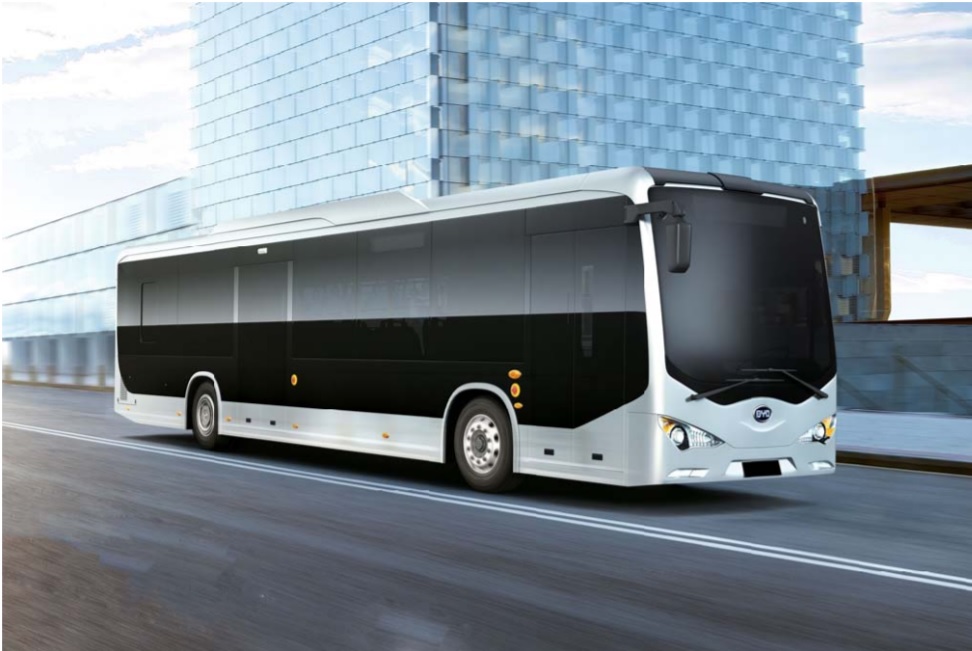BYD wins tender to supply electric buses in Cape Town
Cape town aims to become the first city on the African continent to use electric buses for public transport. The city´s transport administration will initially use the easy access 12-metre-long buses as an express service on a 35 to 40km route between the city´s central business district and the Metro South East region (Khayelitsha and Mitchells Plain).
The administration plans to subsequently reassign the buses to Cape Town’s Bus Rapid Transit (BRT) system following completion of supporting infrastructure.
“Electric buses generate less noise than those with traditional diesel engines and provide a smoother ride for passengers and bus drivers.” said AD Huang, General Manager of BYD Middle East and Africa Auto Sales Division. “These clean-running buses will help provide Cape Town’s residents with a more sustainable public transport system while assisting the country in achieving its environmental ideals.”
Huang added, “Cape Town’s deployment of electric buses is the first showcase of a clean and sustainable transport system in Africa, the success of this project will encourage other African cities to develop their own green public transport projects.”
Cape Town aims to reduce carbon emissions through a range of policies that affect households, businesses, the city’s transport system and electricity generation. Its “Energy 2040 Strategy” outlines a plan to increase transport efficiency so that carbon emissions targets are reduced by 3.2 percent by 2020. Transport accounts for 34 percent of carbon output in this city of 3.8 million people.
“BYD could potentially supply five more single deck electric buses and five additional double decker electric buses, depending on the city government’s approval,” AD Huang said. “We look forward to continuing our contribution to the development of South Africa’s renewable energy scene.”
Previously, BYD supplied photovoltaic modules to one of South Africa’s largest solar farms in Prieska that has a size roughly equivalent to that of 233 football fields. It also delivered the first containerized energy storage system to Johannesburg in February 2015 and home battery storage system B Box to the South Africa residential market in 2016.
The Shenzhen-based company’s successful bid for this tender comes shortly after the launch of Europe’s largest electric bus fleet in London.
BYD's battery electric bus employs many advanced technologies developed in-house by a staff of more than 16,000 R&D engineers, including the BYD iron-phosphate battery that can sustain more than 80% of capacity even after 4,000 cycles. Combined with BYD's proprietary in-wheel hub motors and regenerative braking system, the BYD “ebus” offers the lowest life cycle cost of ownership compared to conventional diesel buses.
The BYD ebus delivers a host of operational and environmental benefits for public transit riders, bus operators and residents of the community, including a quiet and comfortable ride without vibrations, jerks, or the noise associated with the conventional buses and combustion engines. The bus can also drive for more than 250 kilometres – even in heavy city traffic – on a single charge.
As of July 2016, BYD bus fleets have completed more than 191 million kilometres "in revenue service" and have been evaluated by more than 170 cities in 38 countries and regions around the world. To date, BYD has built over 10,000 electric buses globally.

